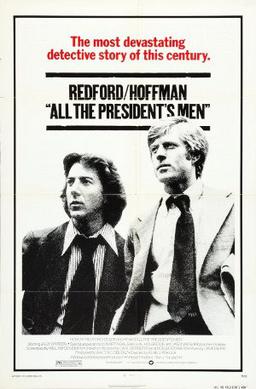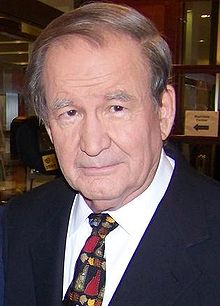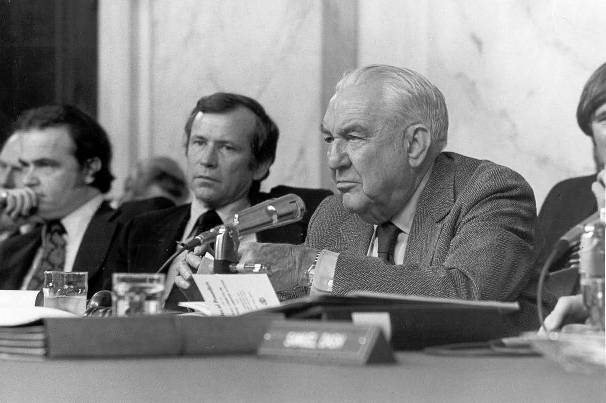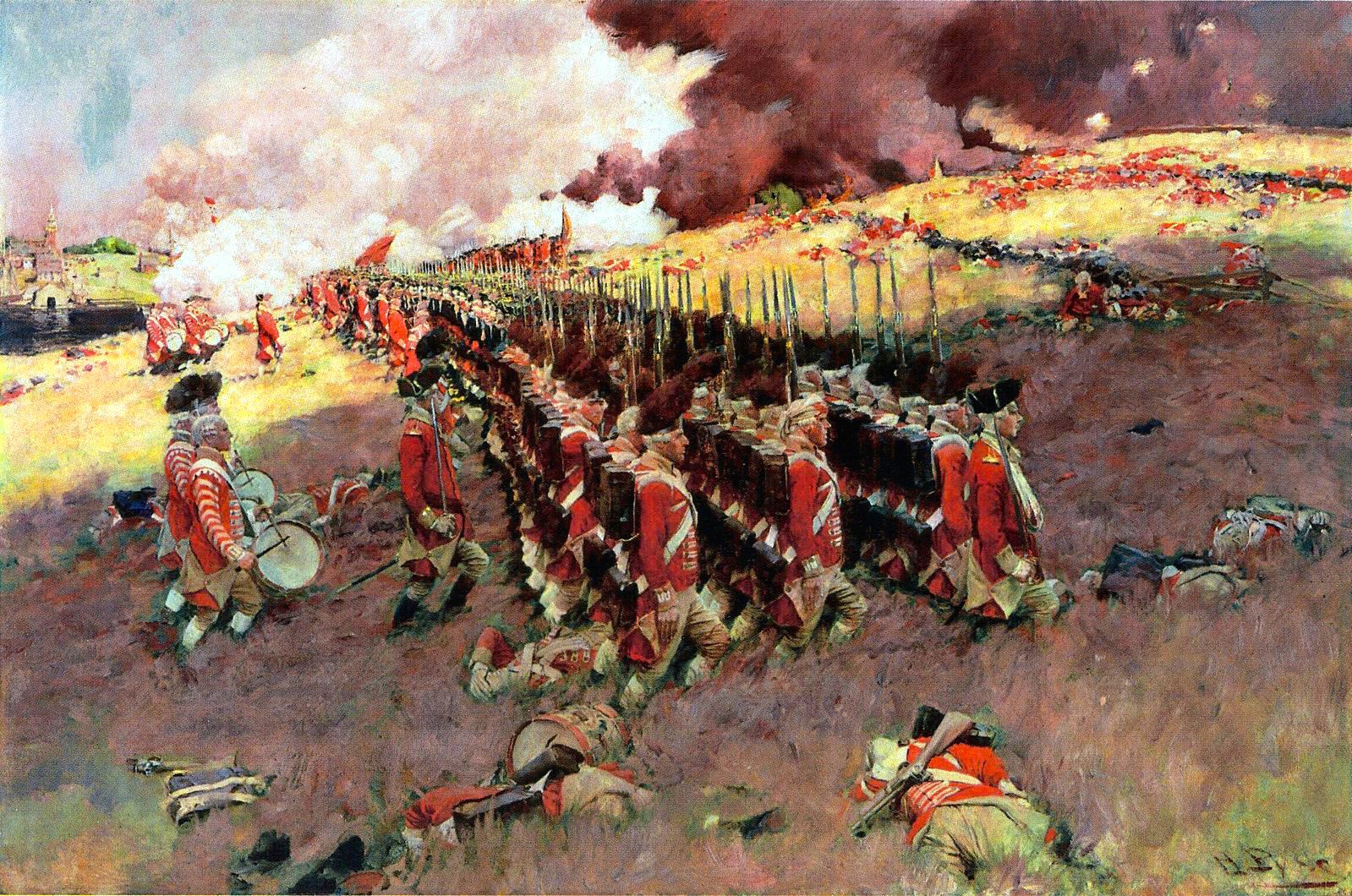* * * *

Reason # 1: Trump thinks he’s above the law. (Another thing: he’s not Winston Churchill…)
* * * *
Back on March 20, I wrote about the beginning of Lent, 2019. And about Lent’s generally including – as preparation for Easter – giving up things, and with doing things like penance, “repentance of sins, almsgiving, and self-denial.” (See Early kayaking adventure.)
But while for many people Lent means giving up something, “some people choose to add a discipline ‘that would add to my spiritual life.’ (See Lenten disciplines: spiritual exercises or ego trip?)”
Like last year I gave up yelling “Hang the sonofabitch!” at every mention of Donald Trump. This year I did the same thing – for one thing, it netted the UTO some $25 in penalties, at 25 cents a pop. But this year I felt the need to add something else.
To “add a discipline,” etc. So for this Lent I’ll be trying mightily to add – i.e., to prepare – a reasoned, careful, logical treatise on precisely why I think Donald Trump’s presidency is a constitutional crisis on par with Watergate, though not yet on par with the Civil War. (Not yet.) But beyond that, for my Lenten discipline I will try mightily to understand why some Americans still support him, without saying, “What are you, a bunch of dumbasses?”
That’s going to be the hard part…
 So for this year’s Lenten period I added – as I have done before – some serious contemplating. (As illustrated at left.)
So for this year’s Lenten period I added – as I have done before – some serious contemplating. (As illustrated at left.)
And as Wikipedia explained, contemplation means “profound thinking about something… In a religious sense, contemplation is usually a type of prayer or meditation.” And there’s this:
Within Western Christianity contemplation is often related to mysticism as expressed in the works of mystical theologians such as Teresa of Avila and John of the Cross as well as the writings of Margery Kempe, Augustine Baker and Thomas Merton.
So in so “contemplating” why I despise the current president so much, I’d be in pretty good company. (In good company while contemplating like Teresa of Avila and John of the Cross.)
To that end, on March 20 I “dedicated myself to write at least one blog-post on why I don’t like DT” for Lent, although “it may well take more than one such post.” The problem is that I’ve been so busy I haven’t had a chance to garner much on the subject. Plus the fact that Trump himself is daily providing such ample fodder that the question becomes, “Where to I begin?”
I did note these thoughts, before March 20; that is, on March 6:
Just this morning (3/6/19) I started listening to the audio version of The Restless Wave: Good Times, Just Causes, Great Fights and Other Appreciations, by
Which is another way of saying Trump has never served “anything greater than himself.”
 As time went on I started running out of time. Then one sleepless night about a week ago, I got up about 3:30 in the morning, got one more beer and started reading the Kindle version of the first volume of Winston Churchill‘s four-volume History of the English-Speaking Peoples.
As time went on I started running out of time. Then one sleepless night about a week ago, I got up about 3:30 in the morning, got one more beer and started reading the Kindle version of the first volume of Winston Churchill‘s four-volume History of the English-Speaking Peoples.
That put it all together. It gave me the main reason I don’t like “the Donald.” The reason? He think’s he’s above the law. But the idea that he is not above the law goes way back.
Back to at least the time of the Magna Carta, or 1215. (Over 800 years ago.) That is, in his Preface to that first volume – THE BIRTH OF BRITAIN – Churchill wrote about the Magna Carta, the “Great Charter.” And mostly – he said – the Great Charter was an “agreed statement of what the law is.” Further, that Charter’s main point was a “broad affirmation of the principle that there is a law to which the Crown itself is subject.” To which “the Crown itself is subject.”
Which is another way of saying that no man is above the law, or more precisely, No Donald, you CAN’T pardon yourself. So if there is a law to which “the Crown itself” is subject, how much more does that long-established principle apply to a president who is limited by the Constitution to no more than two four-year terms. Which is another way of saying that no matter how bad a president he may be, Donald Trump is only temporary.
There will again be a time when Donald Trump is not president…
(And as noted in CAN’T pardon – and aside from the maxim that no man is above the law, also known as the rule of law – there is also the long-established legal maxim that “no man can be a judge in his own case.” In the original Latin: “Nemo iudex in causa sua.” Thus the “no pardon.”)
Getting back to Churchill, he said the Magna Carta affirmed the idea that the “king” is and always should be below both “God and the law.” In other words, he has his “sphere of action,” but if he “steps outside it he must be brought back.” And he steps outside the law if he ignores the “ancient Council of the kingdom,” or refuses to take the advice of his “wise men.” And he steps outside the law if he tries to rule through his “Household” or his favorites;
In other words, personal government, with all its latent possibilities of oppression and caprice, is not to be endured. But it is not easy to prevent. The king is strong … If the Crown is to be kept within its due limits some broader basis of resistance must be found…
For Great Britain, after the Magna Carta one “basis of resistance” became Parliament. In America, that broad basis of resistance to a “King’s” personal caprice includes – but is not limited to – Congress. (Which in turn includes but is not limited to the House of Representatives, which alone has the power to impeach.) Another broad basis of resistance – to “kingly” attempts at personal rule and tyranny – is the Fourth Estate of the Realm; that is, the media.
And contrary to what Trump has said repeatedly, the free press is not the enemy of the people. Instead it is – and should continue to be – the Fourth branch of government. As Wikipedia noted, “The derivation of the term fourth estate arises from the traditional European concept of the three estates of the realm: the clergy, the nobility and the commoners.”
Which now brings up two good reasons I don’t like Trump as president. First and contrary to centuries of ongoing law and tradition, he thinks he is above the law. And second, despite how the Founding Fathers took such care establishing and protecting the Fourth branch of government, Trump thinks he is too good for probing scrutiny from the press. See Donald Trump Thinks the Freedom of the Press Is ‘Disgusting.'” (Except Fox News of course…) And also All presidents (and candidates) deserve Trump-level scrutiny from the press:
No modern president, save perhaps Richard Nixon, who waged an outright war on the press, earned the scorn and suspicion that Trump has since the day he took office. Let’s be crystal clear: Trump deserves scorn and suspicion. He is a liar and a huckster. But so too does every person in a position of immense power, because power is inherently corrupting, and because the decisions presidents make impact so many people’s lives.
And speaking of Richard Nixon, he was perhaps most famous for his Enemies List.
The official purpose of that list was to “‘screw’ Nixon’s political enemies, by means of tax audits from the Internal Revenue Service,” and through “litigation, prosecution, etc,” In further words, it was made to “maximize the fact of our incumbency in dealing with persons known to be active in their opposition to our Administration; stated a bit more bluntly – how we can use the available federal machinery to screw our political enemies.”
One noteworthy point: “The IRS commissioner, Donald C. Alexander, refused to launch audits of the people on the list.” So here’s to that unsung “Hero of the Realm,” who died in 2009 but kept his honor and integrity. That is, his opposition resulted in a “string of attempts by Nixon to fire him. Early on in his tenure as Commissioner, he dismantled the IRS Special Service Staff, which had been used to pursue detractors of the administration and its policies in Vietnam.” Another noteworthy point, people justly too pride in being on the list:
Newsman Daniel Schorr and actor Paul Newman stated, separately, that inclusion on the list was their greatest accomplishment. When this list was released, Schorr read it live on television, not realizing that he was on the list until he came to his own name. Author Hunter S. Thompson remarked he was disappointed he was not on it.
Which brings us back to Winston Churchill, and another noteworthy point he made:
* * * *

* * * *
The upper and lower images are courtesy of Winston Churchill – Image Results. The lower image accompanies an article, “World war II in Pictures” (World War II in Pictures – Filminspector), on “Churchill, a Man of All Seasons.” The article noted mainly that Churchill “did more with less. He bounced back from adversity more often, and to greater effect than anyone else during the 20th Century. Just for starters, Churchill was the first person to be made an honorary citizen of the United States.” Trump on the other hand has done less with more, has never experienced true adversity, and I doubt any country will make him an “honorary citizen.” (An “honorary comrade,” perhaps…)
Re: Lent. See also My Lenten meditation, from my companion blog.
The image “contemplating” is courtesy of Wikipedia on contemplation. Caption: “A woman places rosary beads on a devotional image mounted on the wall beside her bed.” Walters Museum.
The Magna Carta image is courtesy of King John Signing Magna Carta – Image Results. It is accompanied by an article, “Magna Carta, signed by King John of England:”
The charter was an important part of the extensive historical process that led to the rule of constitutional law in the English speaking world. Magna Carta was important in the colonization of American colonies as England’s legal system was used as a model for many of the colonies as they were developing their own legal systems.
In practice, Magna Carta in the medieval period did not generally limit the power of kings, but by the time of the English Civil War it had become an important symbol for those who wished to show that the King was bound by the law. It influenced the early settlers in New England and inspired later constitutional documents, including the United States Constitution.
Re: The “king” and his caprice. Such rule by “personal government” – as Trump seeks to create – could also be called as a Banana republic, a “pejorative descriptor for a servile dictatorship that abets and supports, for kickbacks, the exploitation of large-scale plantation agriculture.”
Re: The quote in the lower image. According to some sources, it came from Victor Hugo. See 9 Quotes From Winston Churchill That Are Totally Fake, and also Victor Hugo: “You have enemies?:
You have enemies? Why, it is the story of every man who has done a great deed or created a new idea. It is the cloud which thunders around everything that shines. Fame must have enemies, as light must have gnats. Do not bother yourself about it; disdain. Keep your mind serene as you keep your life clear.
* * * *

 There’s been a lot of talk – lately and for the last two years – about
There’s been a lot of talk – lately and for the last two years – about  Ronald Reagan
Ronald Reagan Which is pretty much what
Which is pretty much what 

 The last post I did was on December 10, 2018. (My excuse is the rush of the holidays.) So here goes: The first post of 2019.
The last post I did was on December 10, 2018. (My excuse is the rush of the holidays.) So here goes: The first post of 2019. But among the results from “mean spirited” was a May 2012 piece from
But among the results from “mean spirited” was a May 2012 piece from 

 But we were talking about “thoughts from two years ago.” And another tidbit from two years ago came in the November 30, 2016 post,
But we were talking about “thoughts from two years ago.” And another tidbit from two years ago came in the November 30, 2016 post,  The prediction – based on analysis by a number of pundits – hasn’t yet come to pass. Though in some respects the 2018 mid-term elections were a single-issue race, at least for the
The prediction – based on analysis by a number of pundits – hasn’t yet come to pass. Though in some respects the 2018 mid-term elections were a single-issue race, at least for the 

 Remember June, 2016? That’s when then-candidate Donald Trump said then- President Barak Obama should resign, after the
Remember June, 2016? That’s when then-candidate Donald Trump said then- President Barak Obama should resign, after the  “Raptorman” then posted a chart showing how such mass shootings had burgeoned under Obama. (From in the low 20s under previous presidents, to 162 under Obama.) He defined a mass shooting as involving “4 or more people.” But then came a post on April 16, 2017:
“Raptorman” then posted a chart showing how such mass shootings had burgeoned under Obama. (From in the low 20s under previous presidents, to 162 under Obama.) He defined a mass shooting as involving “4 or more people.” But then came a post on April 16, 2017:  Re: “
Re: “
 The answer? “Not necessarily.” Which brings us back to the years from 1972 to 1974. Back to “
The answer? “Not necessarily.” Which brings us back to the years from 1972 to 1974. Back to “ And once they testify, a prosecutor – or Democratic Congress – can start building a case against Trump for obstructing justice. For one thing, granting pardons to hide a criminal act is a criminal act itself. Which brings us to the old saying, “
And once they testify, a prosecutor – or Democratic Congress – can start building a case against Trump for obstructing justice. For one thing, granting pardons to hide a criminal act is a criminal act itself. Which brings us to the old saying, “

 Two years ago – on April 4, 2016 – I posted
Two years ago – on April 4, 2016 – I posted  Which led to this thought: Donald Trump has done one thing positive. He’s made real politicians look better and better. (See
Which led to this thought: Donald Trump has done one thing positive. He’s made real politicians look better and better. (See 
 It’s time to get back to
It’s time to get back to  The irony is that the term “point of order” was made famous – or
The irony is that the term “point of order” was made famous – or  The cost? 18,000 Americans died in Vietnam between 1968 and
The cost? 18,000 Americans died in Vietnam between 1968 and 

 One of the posts was on
One of the posts was on  He was commissioned a pilot in the
He was commissioned a pilot in the  But this was also a time when political rivals could “sup with their enemies.” In the photo at right, Eastland shared a moment with noted northern liberal – and a very young – Ted Kennedy.
But this was also a time when political rivals could “sup with their enemies.” In the photo at right, Eastland shared a moment with noted northern liberal – and a very young – Ted Kennedy. For still other takes on the 1972 campaign, see
For still other takes on the 1972 campaign, see 
 Last Monday – just before Tuesday’s
Last Monday – just before Tuesday’s  The name comes from King
The name comes from King  And that brings us back to last Tuesday’s special election. Just as the
And that brings us back to last Tuesday’s special election. Just as the